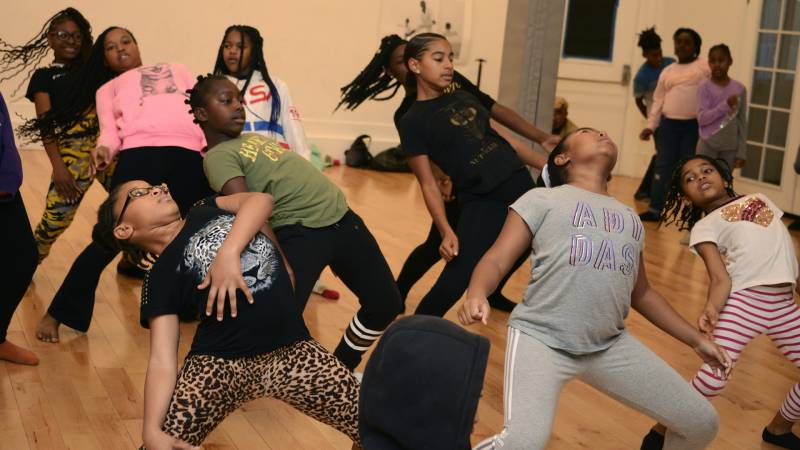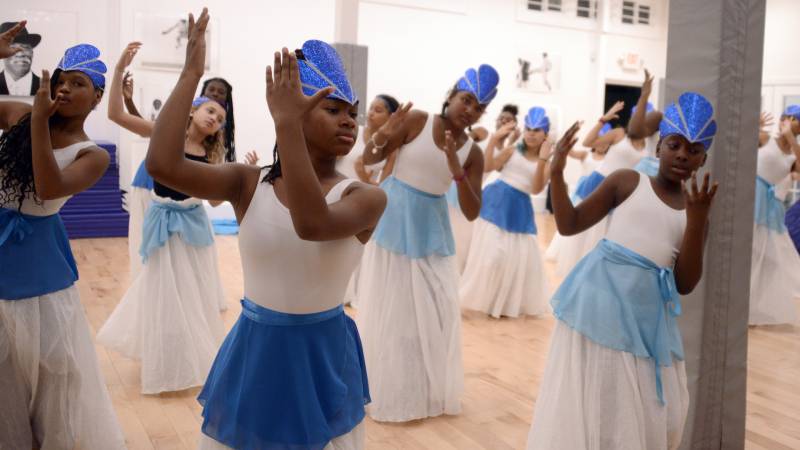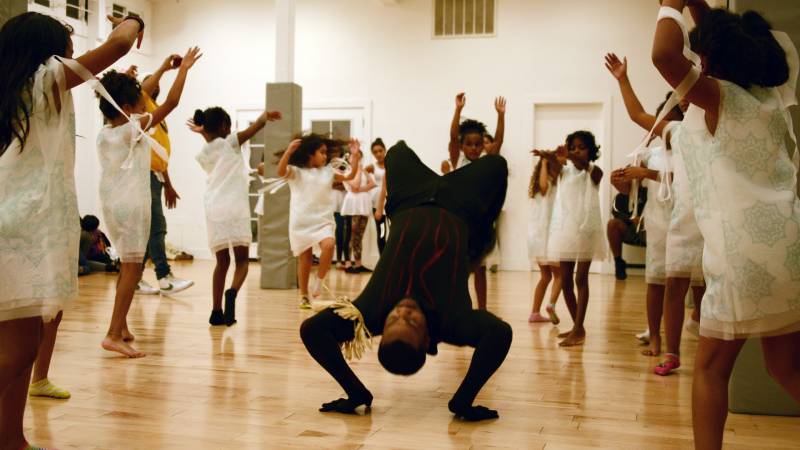A new production of Tchaikovsky's "The Nutcracker" called "KOLA: An Afro Diasporic Remix of the Nutcracker" is hitting the stage in Oakland this holiday season.
It’s a twist on the traditional ballet: There’s no nutcracker, there’s no mouse, and there’s no Clara either.
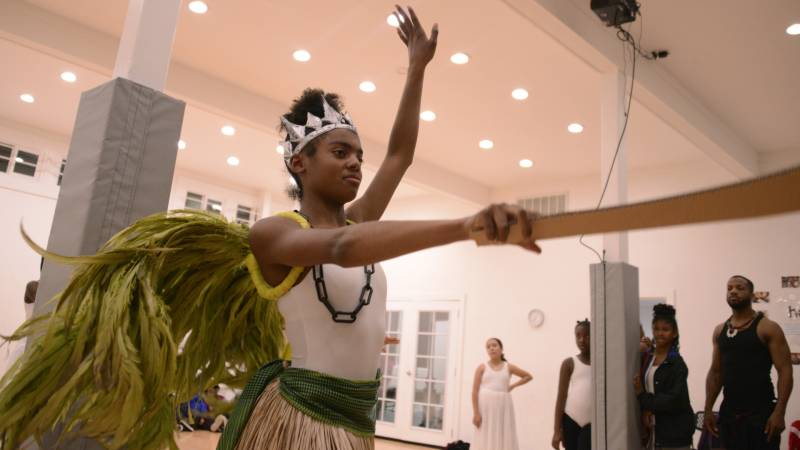
Instead, 13-year-old dancer Amelinda Origunwa performs the lead role of Nzingha, who travels the African diaspora, learning different kinds of dance as the show unfolds.
“There’s Afro-Haitian, Afro-Cuban, all the different Orisha dances. There’s ballet, modern, jazz, hip-hop, break-dancing. And flamenco,” said Origunwa.
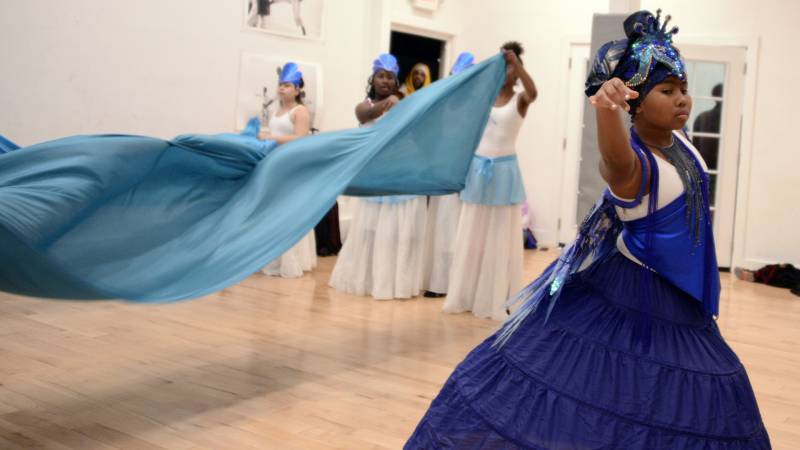
The California Report Magazine’s Sasha Khokha spoke with Rozz Nash, the founder and director of The People’s Conservatory, the dance company putting on the show.
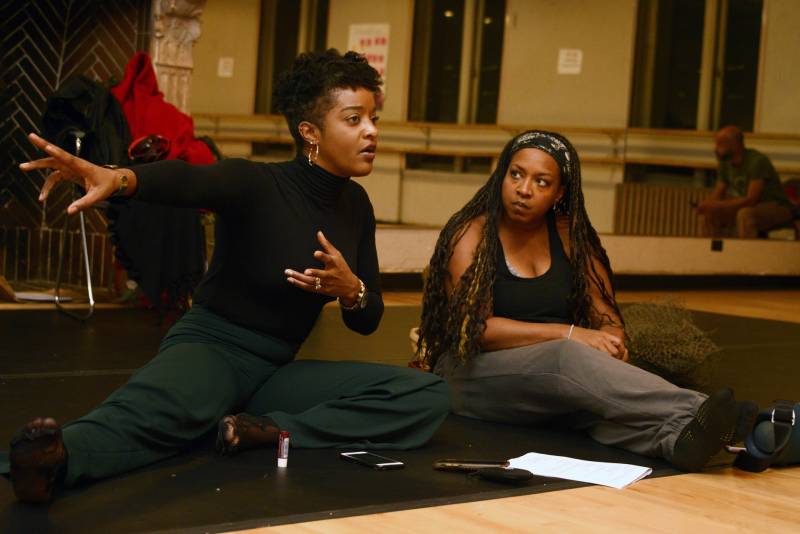
Note: the quotes below have been edited for clarity.
On what makes this show different
Nash: Ours really tours the globe, and focuses on not only the dances and music from different cultures, but also some of their gods, spirits and practices. We work Orishas into our work from the Ife tradition. We’re also focusing on a different, innovative narrative we created, which is not like "The Nutcracker" at all.
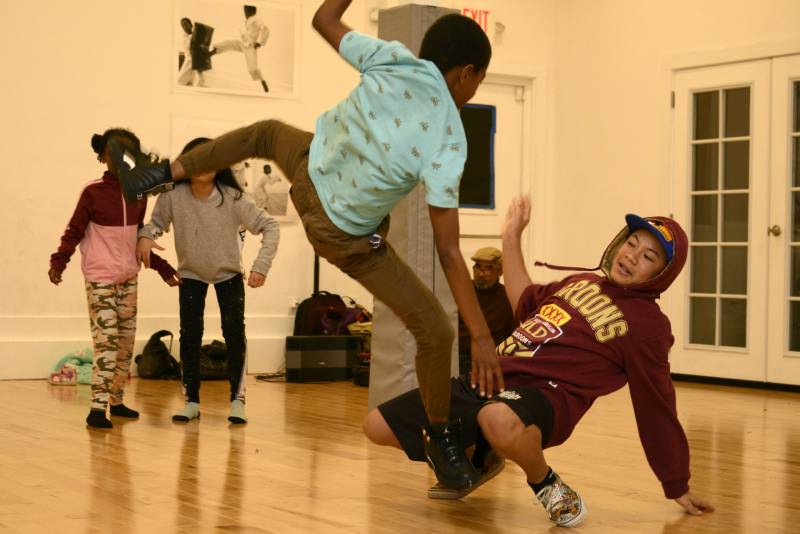
On the plot
Nash: We still have a young girl who’s a protagonist. Nzingha is13, and she’s desperately looking for connection. She’s looking to find her roots and what it is about this world that is meant for her to explore. We take her on a journey along the trans-Aatlantic slave trade from West Africa to Brazil to Cuba to Haiti to Spain, and we end up back in the continental U.S. All this is done through diasporic dances, music, movement and culture. We have an incredible creative team (including local artists Kev Choice, Jennifer Johns, and RyanNicole) that helped make it possible, so we jump from one culture to another through the music and story.
